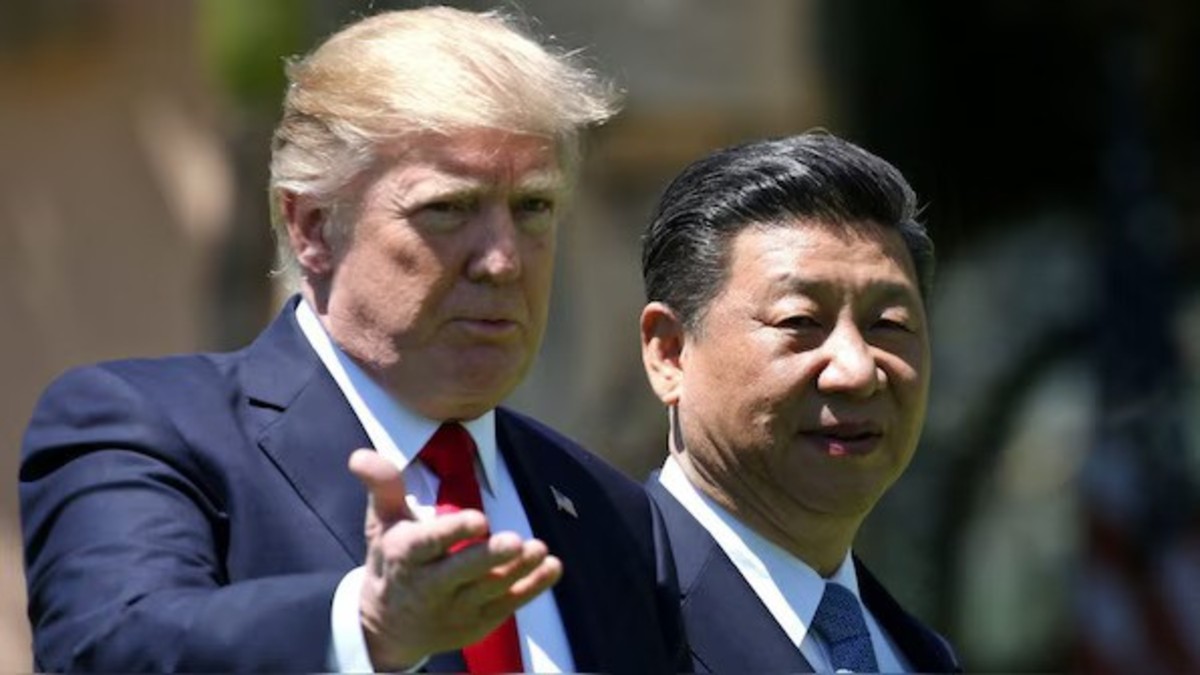As US President Donald Trump looks set to slap an additional 10 per cent tariff on Chinese imports starting Tuesday (March 4), China is also preparing to fire retaliatory shots.
Chinese state media has reported that Beijing is looking to target America’s agriculture exports in response, raising fears of an all-out trade war between the world’s two largest economies.
Global Times, China’s propaganda outlet controlled by the Communist party, reported that China’s retaliatory measures may include both tariffs and “a series of non-tariff measures, and US agricultural and food products will most likely be listed.”
The proposed 10 per cent tariff on Chinese goods on Tuesday will take overall tariffs to 20 per cent, given that initial 10 per cent duty went into effect last month.
Significance of Chinese market for US
Notably, China is the biggest export market for American agricultural and food products. The sector has been often utilised by China as a punching bag whenever trade tensions occur between the two nations.
According to experts, if China goes ahead with imposing tariffs on products like soybean and grains, it could hurt American farmers and American food exports.
Last year, China imported agricultural goods worth $29.25 billion from the US, 14 per cent less than the 2023 figures.
It must be noted that US agricultural exports to China have seen a constant decline since 2018, when Beijing slapped tariffs of up to 25 per cent on soybeans, beef, pork, wheat, corn and sorghum in retaliation for duties on Chinese goods imposed by Trump.
In 2024, the US shipped about half of its soybean exports—totalling $12.8 billion—to China, according to the US Census Bureau.
However, China has increasingly turned to cheaper Brazilian soybeans, reducing its reliance on American supplies. As a result, the US market share in China fell to 21 per cent in 2024, down from 40 per cent in 2016, according to Chinese customs data.
Impact Shorts
More ShortsThe US also lost its dominance as China’s primary corn supplier after Beijing approved Brazilian imports in 2022. In 2024, China’s purchases of US corn dropped sharply to $561 million, down from $2.6 billion in 2023, as domestic production increased.
)